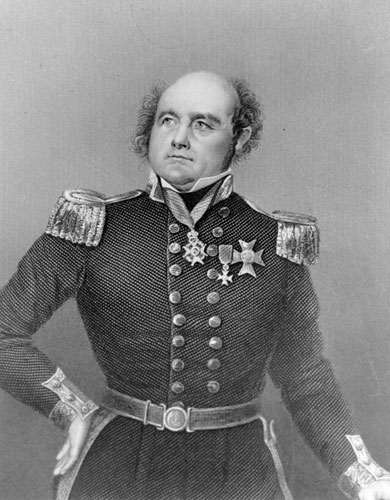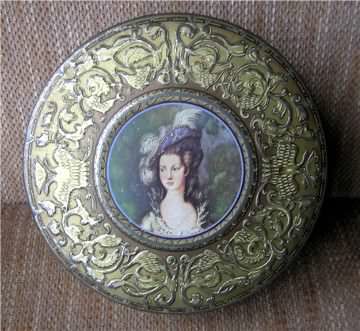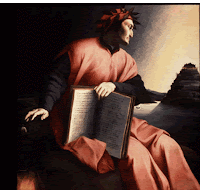"this pure brow, seemed surrounded by an ashy halo from which the dark eyes looked out at me. Their glance was guileless, profound, confident, and trustful." (69)
Kurtz's lover is producing light which shows that she is a symbol for an angel. She is clean and innocent like an angel, because she has never traveled like the men do in this novel, to tarnish her thoughts and belief in humanity. Marlow has been tarnished by his travels so he produces darkness instead of light, so when she looks at him this darkness is reflected in her eyes. She is confident that Kurtz died the same man as he was before he went into Africa. She is wrong about this, but Marlow lies to her to keep her pure.
Kurtz's lover is producing light which shows that she is a symbol for an angel. She is clean and innocent like an angel, because she has never traveled like the men do in this novel, to tarnish her thoughts and belief in humanity. Marlow has been tarnished by his travels so he produces darkness instead of light, so when she looks at him this darkness is reflected in her eyes. She is confident that Kurtz died the same man as he was before he went into Africa. She is wrong about this, but Marlow lies to her to keep her pure.














